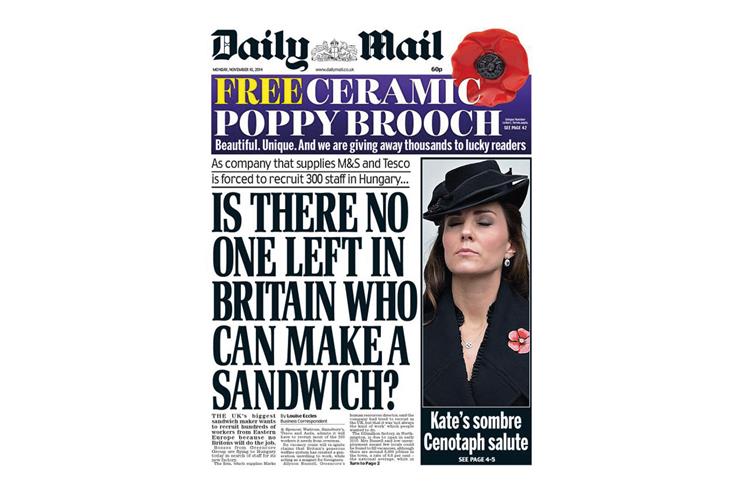

It's left to the platforms to determine how they do this, what rules they set.' But what does the bill demand of them? That they take freedom of expression into account? 'And we also know from articles in the Wall Street Journal over the weekend that Facebook's artificial intelligence is very poor at actually moderating this type of content. 'I saw in Google's submission, they say their algorithms are very poor at understanding context, they're going to find moderating journalism particularly difficult.


So they'll be using a very blunt instrument. It's human nature – they'll want to protect themselves. Mr Wright continued: 'And their inevitable response to that will be to set the parameters of any moderation they do as widely as possible. He added that the moderation of content by social media firms will be done by algorithm, and the bill puts them under threat of possible criminal penalties. 'And the journalistic protections specifically apply to news publisher content, so we have to look at the journalistic protections and ask how effective they are, and in my view they're not effective.' 'However, the problem comes because there is also no compulsion on them not to, and clearly the authors of the bill envisage that they will block and take down items of content because the journalistic protections are there.
Dmg media free#
Some campaigners have raised fears that the rules risk stifling the free press, 'silencing marginalised voices' and introducing 'state-backed censorship'. Instead, a new criminal offence for managers has been included as a deferred power that can be introduced if Ofcom finds that firms are failing to keep to their new responsibilities. Published in May, the draft bill gives regulator Ofcom the power to impose multibillion-pound fines on technology giants that fail to show a duty of care to users.īut it stops short of bringing criminal sanctions against bosses. He told MPs that the forthcoming Online Safety Bill would tackle web giants if they allow 'foul content' to circulate.Īnd he promised the long-awaited legislation would make quick progress in the Commons, with the bill receiving its second reading before Christmas.īut a Whitehall source later said the second reading might not take place until early next year. Social media bosses could face 'criminal sanctions with tough sentences' if they allow extremist content to appear on their platforms, Boris Johnson said yesterday. He wants a positive exemption for journalism from the provisions of the bill, which aims to establish a new regulatory framework to tackle harmful content online.įacebook and Google will fall within the scope of the new bill, which will give UK regulator Ofcom the power to hand out multi-million pound fines to tech companies.
Dmg media code#
Mr Wright added DMG's titles including MailOnline were already 'fully subject to the law' and there could be a case where it is following the Independent Press Standards Organisation (Ipso) code of conduct but breaking a US tech firm's terms of service. Speaking to the Joint Committee on the Draft Online Safety Bill, he also pointed out that Google and Facebook's algorithms and artificial intelligence are 'very poor'. He told a Parliamentary committee that he was 'hugely sceptical' about Facebook's teams of fact checkers with some appearing to be 'single-issue lobby groups'. Peter Wright, editor emeritus of DMG Media, said social media platforms should not moderate journalistic content when it is produced by 'recognised news publishers'. News organisations such as MailOnline should be given a 'positive exemption' from the provisions of the new Online Safety Bill, an industry representative said today.


 0 kommentar(er)
0 kommentar(er)
